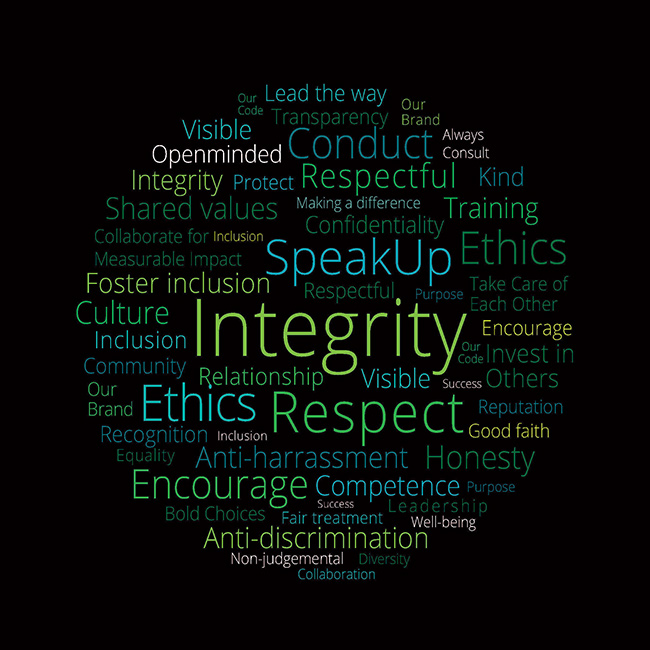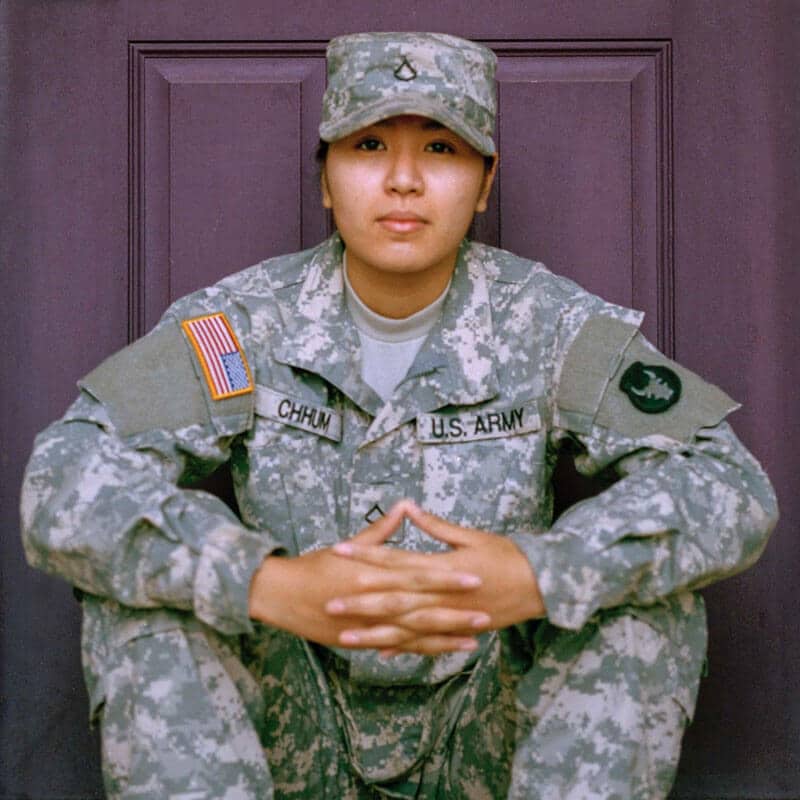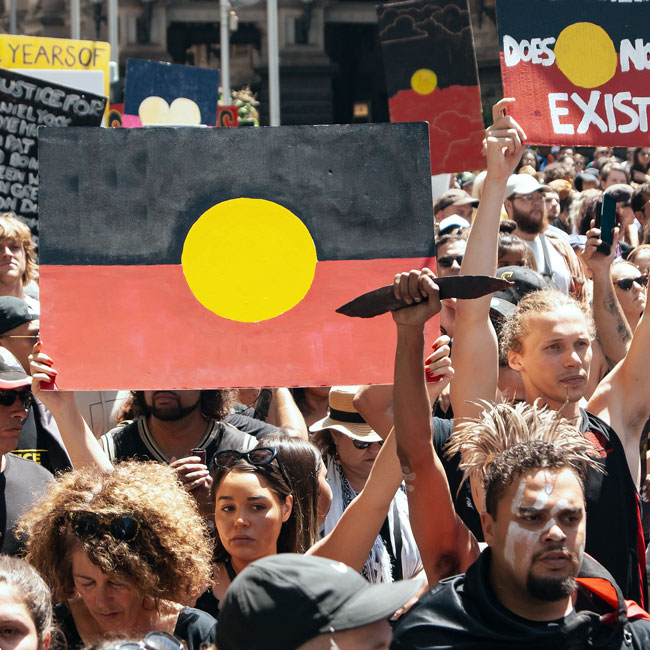
5 dangerous ideas: Talking dirty politics, disruptive behaviour and death
Opinion + AnalysisBusiness + LeadershipScience + Technology
BY The Ethics Centre 1 SEP 2016
The Ethics Centre was the founding partner of the Festival of Dangerous Ideas back in 2009. We’re thrilled that the festival continues with a program full of world-leading thinkers.
Here are five ideas that were pondered, dissected and debated over the big weekend in 2016. We talked dirty politics, disruptive behaviour, disappearing countries and death.
-
Dirty politics
In 2016, the festival put dirty old politics in the spotlight. Australia’s federal parliament had just resumed session with a bunch of independent and minority party representatives, the United States was still trying to make sense of Donald Trump and across the globe nations were trying to unpack exactly what ‘extremism’ was and how to deal with it.
“If our goal is to seek a deeper understanding of the world, our lack of moral diversity is going to make it harder.”
American psychologist Jonathan Haidt’s TED talk explores the moral values underpinning liberals and conservatives. Instead of looking at politics as a battleground of ‘right vs wrong’, Haidt encourages us to see political differences as being based in different moral values.
-
Disruptive behaviour
You can’t make an omelette without breaking a few eggs, right? For the disruptors of the world, improvement comes at a price – we need to break eggs, challenge convention, and occasionally hurt people’s feelings.
On the other side of the Pacific, the #BlackLivesMatter movement was upsetting middle-class, white Americans in 2016 by calling attention to continued racial disparities in the US.
Check out philosopher George Yancy’s open letter, ‘Dear White America’ to learn about the intellectual basis for the movement. In the letter, Yancy makes a simple but confronting point to his white American fellows – if you’re white, no matter how well intentioned you are, you’re probably racist. He wrote:
“If you are white, and you are reading this letter, I ask that you don’t run to seek shelter from your own racism. Don’t hide from your responsibility. Rather, begin, right now, to practice being vulnerable. Being neither a ‘good’ white person nor a liberal white person will get you off the proverbial hook.”
Yancy’s essay prompted exactly the response he expected – anger. So much so the American Philosophical Association issued a letter of support. You can read Yancy’s thoughts on the backlash he copped here.
Australians reading or hearing about the Black Lives Matter movement might also want to read into the history of Aboriginal deaths in custody.
-
Disappearing conflicts
Conflict, politics and geography drive some nations and communities to the brink while others flourish. What are the unseen consequences of major global trends?
The Right to be Cold asks whether the world’s failure to address climate change is a human rights violation against Inuit peoples whose way of life is being eradicated along with the melting ice.
To get a sense of what’s going on for these remote communities, check out photographer Ciril Jazbec’s series documenting climate change and its impact on Greenlanders.
“It was April and the ice was starting to melt, which was highly unusual. Usually the ice would stay out until June.”
-
Dealing in death
If evolution hardwires in us the drive to survive, how is it humans are able to overcome their biological imperative and take their own lives? There’s still a stigma that suicide is a ‘selfish choice’, but evolutionary biologist Jesse Bering explores the science behind suicide.
“Human suicide is an adaptive behavioural strategy that becomes increasingly likely to occur whenever there is a perfect storm of social, ecological, developmental and biological variables factoring into the evolutionary equation.”
For the scientifically minded, Bering’s essay in Scientific American is a must-read. If you’ve never donned a white lab coat, you might be more inclined to listen to the Freakonomics podcast ‘The Suicide Paradox’.
-
Dangerous ideas
While every Festival of Dangerous Ideas has specific themes, the main goal has always been to create a safe space for open discussion of ideas some people would consider dangerous.
It’s a skill that seems to be in growing demand, so before you listen, read, think or tweet, check out what festival co-founder Simon Longstaff writes on why conversations matter.
Ethics in your inbox.
Get the latest inspiration, intelligence, events & more.
By signing up you agree to our privacy policy
You might be interested in…
Opinion + Analysis
Science + Technology
The rise of Artificial Intelligence and its impact on our future
Reports
Business + Leadership
The Ethical Advantage
Opinion + Analysis
Business + Leadership, Relationships
There’s no good reason to keep women off the front lines
Opinion + Analysis
Business + Leadership, Politics + Human Rights




